Expected Value of Partially Perfect Information (EVPPI)
The expected value of partially perfect information (EVPPI) is a metric used in health economics to estimate the maximum amount a healthcare decision-maker would theoretically be willing to pay to obtain perfect information about one or more uncertain factors influencing the choice between treatment alternatives. This value is derived from the analysis of uncertainty in a cost-effectiveness model.
EVPPI is calculated by comparing the monetary value of health gains under two scenarios:
- Current Information: The decision is made based on the current, imperfect information, which includes uncertainty about the factors of interest.
- Perfect Information: The decision is made with perfect information, eliminating any uncertainty about these factors.
The difference between these two values represents the EVPPI, which quantifies the benefit of removing uncertainty for specific parameters in the model. This measure is closely related to the expected value of perfect information (EVPI) and the expected value of sample information (EVSI), but it focuses on specific parameters rather than the entire model.
EVPPI is primarily used to determine the value of gathering more detailed and accurate information, especially when considering the costs of conducting expensive trials, registries, or other observational studies. By identifying which uncertainties have the greatest impact on decision-making, EVPPI helps prioritize research efforts and optimize resource allocation to improve the precision of economic evaluations and enhance healthcare decision-making.
Click HEOR TERMINOLOGY
